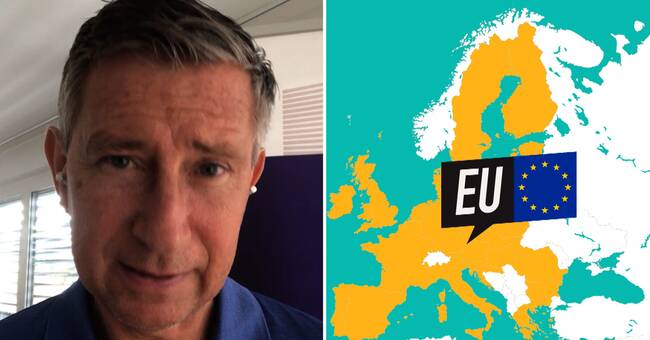Although one of the EU's vaccine goals is to ensure that everyone in the EU has equal access to vaccines, there are differences between the countries' vaccination rates.
Malta has given a first dose to 17.6 percent of the population over the age of 18.
In Sweden, the same figure is 9.3 percent, which gives a place in the middle of the vaccination league, according to the EU's infection control authority ECDC.
To be distributed equally
The European Commission has signed agreements with vaccine manufacturers on behalf of the EU countries.
As manufacturers' vaccines are approved, all EU countries will have the same opportunity to buy available doses, distributed per capita, at the same time.
But according to a representative of the European Commission, as quoted by the news agency Reuters on Friday, it is nevertheless possible for countries to agree among themselves to distribute the vaccine lots among themselves.
Austrian Chancellor Sebastian Kurz on Friday went out with suspicions of unequal distribution within the EU and pointed out that some countries may have completely vaccinated their populations in May, while it may take until late summer or autumn in other countries, reports Reuters.
Depends on the ability
According to Sweden's vaccine coordinator Richard Bergström, the differences are mainly due to each country's ability to roll out vaccines.
But he also pointed out in an interview with SR Ekot that Austria initially chose to order fewer doses of the first vaccines, from Pfizer / Biontech and Moderna.
Which groups in the population the countries have chosen to prioritize first is also something that can affect the figures on how many have been vaccinated.
Countries have arranged their own deliveries
In parallel, Germany has gone beyond the common EU strategy and agreed on its own deliveries from Pfizer.
However, the European Commission has insisted that the best thing for the whole EU is to negotiate together.
Hungary, Slovakia, the Czech Republic and Poland have chosen to buy vaccines that are not approved in the EU - the Chinese Sinopharm vaccine and the Russian vaccine Sputnik 5.
See Richard Bergström answer questions about the EU countries' vaccination in the clip above.

